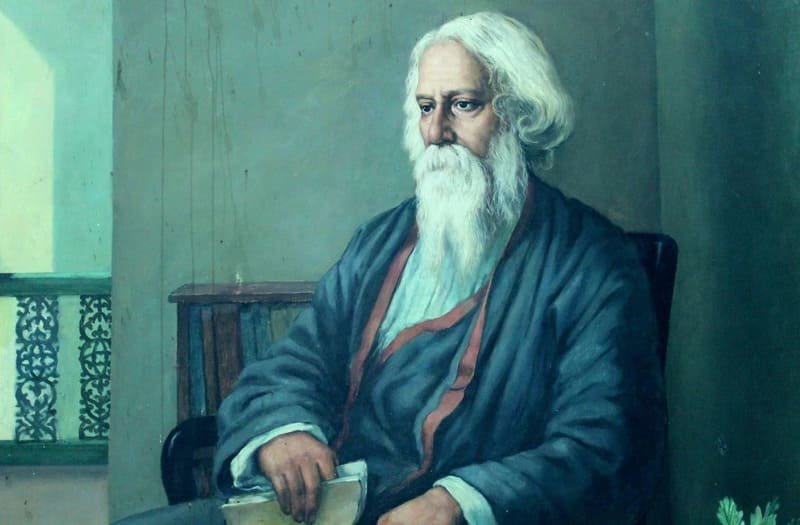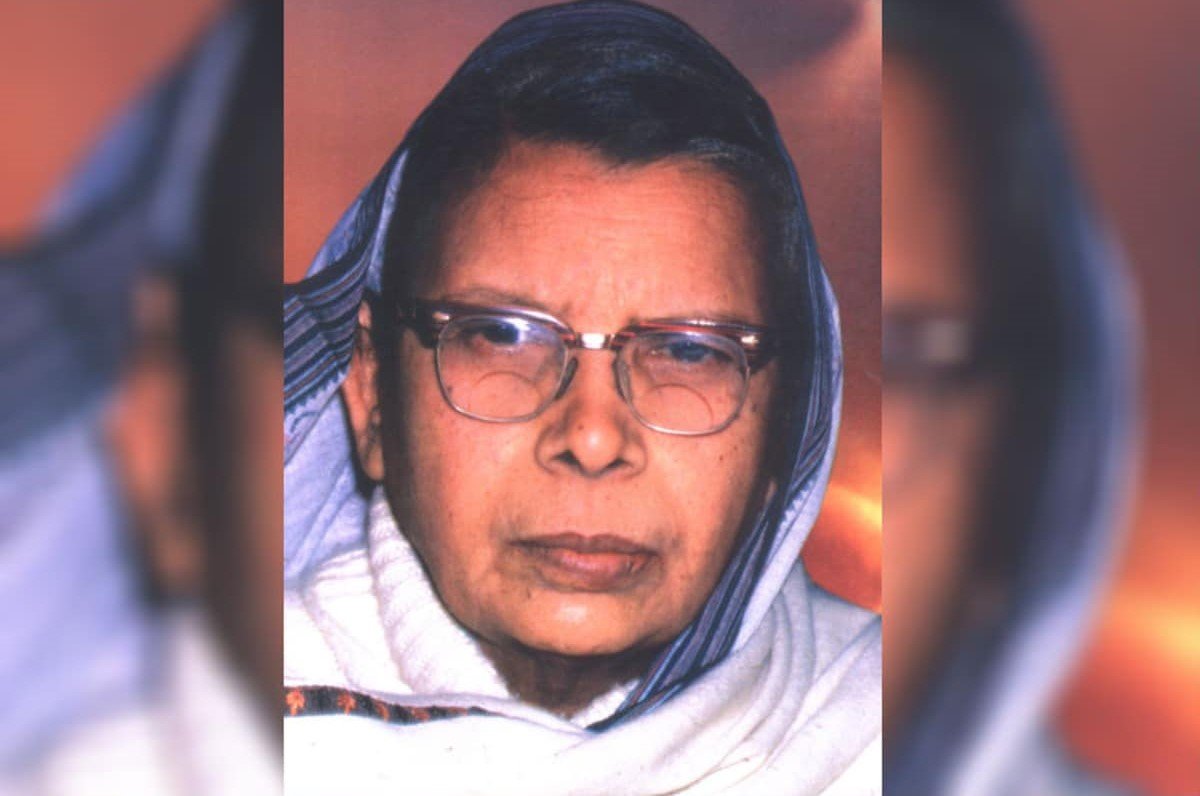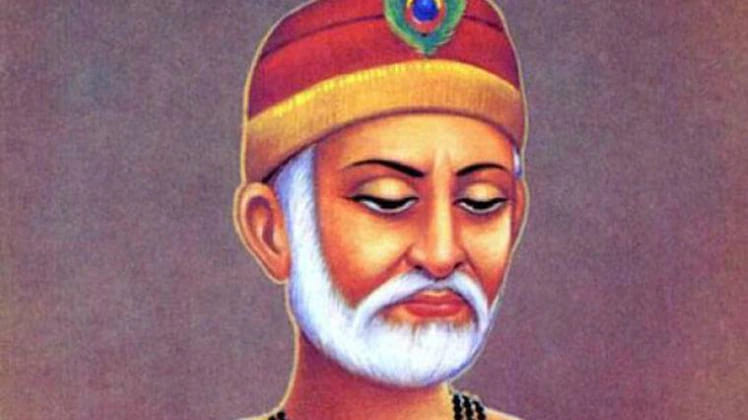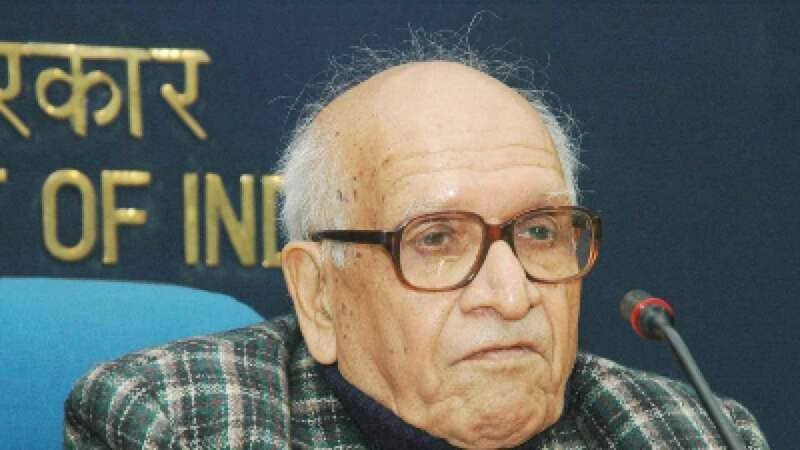
Rabindranath Tagore: A Tribute to the Legacy of a Visionary Writer.
Rabindranath Tagore: The Bard of Bengal
Rabindranath Tagore was a renowned Bengali poet, philosopher, and polymath who lived in India during the late 19th and early 20th centuries. He was the first non-European to win the Nobel Prize in Literature, and his works have left a lasting impact on Indian and world literature. In this blog post, we will explore the life, works, and legacy of Rabindranath Tagore in detail.
Early Life and Education
Rabindranath Tagore was born on May 7, 1861, in Calcutta (now Kolkata), India, into a wealthy Brahmin family. His father, Debendranath Tagore, was a philosopher and social reformer, and his mother, Sarada Devi, was a devoted homemaker. Rabindranath Tagore was the youngest of thirteen siblings, and he grew up in a privileged and cultured environment.
Rabindranath Tagore's early education was unconventional and free-spirited. He was homeschooled by private tutors, and he was encouraged to explore his creativity and imagination. Rabindranath Tagore was also exposed to a wide range of literature and art, both Indian and Western, which had a profound influence on his writing.
Literary Career
Rabindranath Tagore's literary career began when he was just sixteen years old. He wrote his first poem, "Bhagna Hriday" (Broken Heart), in 1877, and he published his first collection of poems, "Bhanusimha Thakurer Padabali," in 1884. Rabindranath Tagore's early poetry was romantic and sentimental, and it reflected his youthful idealism.
Rabindranath Tagore's literary career took a dramatic turn in 1901 when he published his collection of poems, "Gitanjali" (Song Offerings). "Gitanjali" was a collection of devotional songs that expressed Rabindranath Tagore's spiritual beliefs and his love for God. "Gitanjali" was an instant success and it brought Rabindranath Tagore international acclaim.
In 1913, Rabindranath Tagore became the first non-European to win the Nobel Prize in Literature, for "Gitanjali." The Nobel Committee praised Rabindranath Tagore's poetry for its "profoundly sensitive, fresh and beautiful verse." Rabindranath Tagore's Nobel Prize brought him even more international recognition, and it solidified his reputation as one of the greatest literary figures of his time.
Works
Rabindranath Tagore was a prolific writer, and his works include poetry, novels, short stories, plays, and essays. His literary works are deeply rooted in Indian culture and spirituality, but they also reflect his engagement with Western literature and philosophy.
Some of Rabindranath Tagore's most famous works include:
- "Gitanjali"
- "The Home and the World"
- "Chokher Bali"
- "Kabuliwala"
- "Gora"
Rabindranath Tagore's works were not only popular in India but also gained a wide readership in the Western world. His poetry was translated into many languages, and he was admired by writers such as W.B. Yeats, Ezra Pound, and T.S. Eliot.
Philosophy
Rabindranath Tagore's philosophy was deeply influenced by Indian spirituality and philosophy, particularly the teachings of the Upanishads and the Bhagavad Gita. He believed in the unity of all beings and the interconnectedness of all things.
In conclusion, Rabindranath Tagore was a visionary writer, musician, painter, philosopher, and social reformer. His contributions to literature, music, and social reform are unparalleled. His ideas about love, compassion, spirituality, and global harmony are relevant even today. Tagore's legacy continues to inspire individuals across the world, and his works remain an integral part of Bengali culture and world literature.
- Sudha Murthy | Net Worth, Age, Daughter, Biography & Books
- Kabir Das: The Mystic Poet and Saint - Exploring the Life, Teachings, and Poetry of Kabir Das
- Mahadevi Verma: A Tribute to the Iconic Hindi Poet and Feminist
Note: This blog or artical is written on the basis of online research, news paper and AI tools. So, if there is any issue, please mail your feedback.
- Share:






